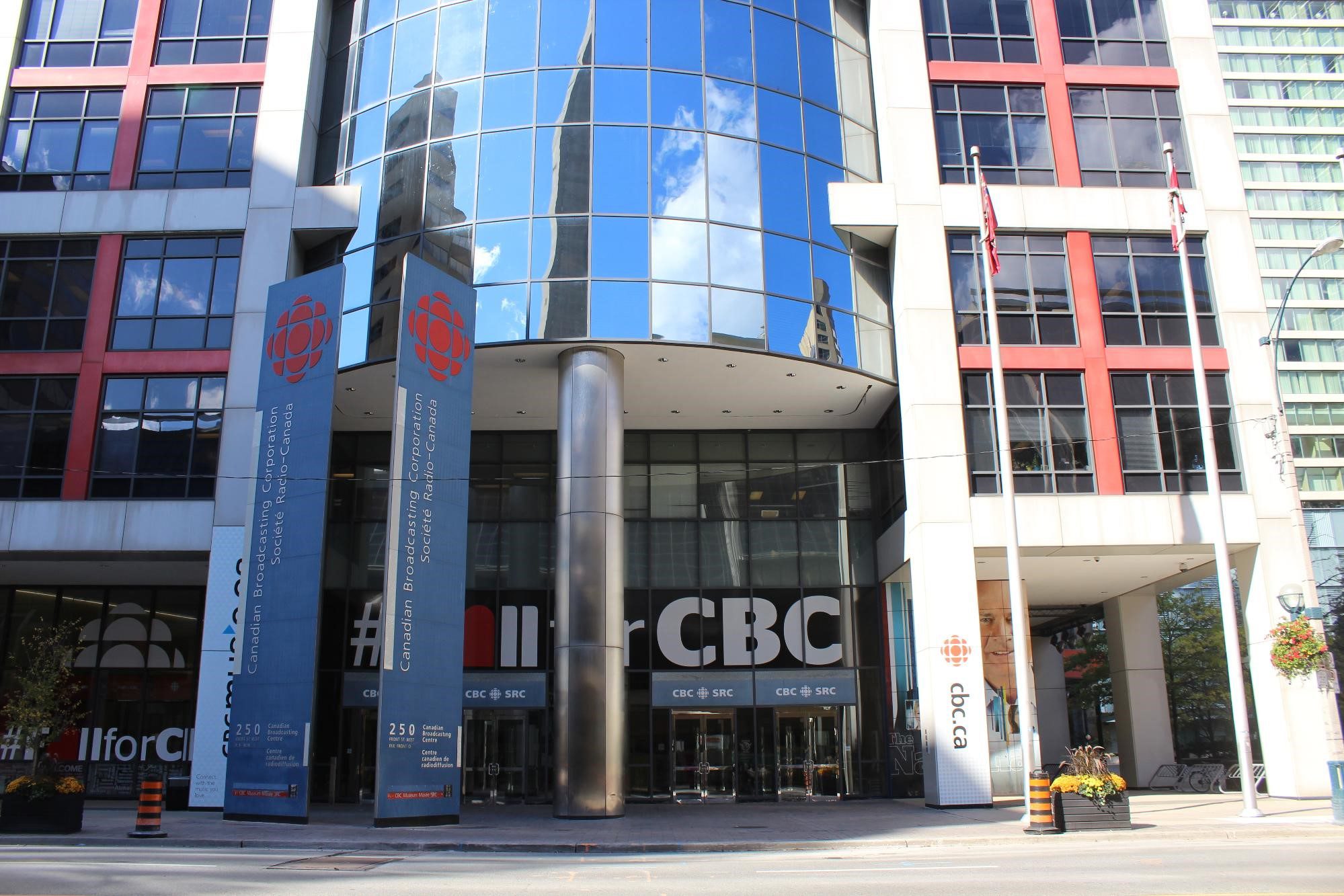Complainant Pierre Davis took exception to comments made during CBC’s live coverage of a vigil in London, Ontario. The vigil was for a Muslim family who were the victims of an attack last June. Mr. Davis said that CBC journalists went too far by expressing personal opinions. My latest review looks at the sometimes blurry line between analysis and opinion.
COMPLAINT
You wrote expressing concern about CBC’s coverage last June 8th of a vigil for the victims of an attack on a Muslim family in London, Ontario. You felt that during this broadcast, CBC journalists David Common and Ginella Massa expressed personal opinions that were better kept to themselves.
David Common, the host, was interviewing Ginella Massa regarding the horrific murders of the family in London. Ginella was giving her personal opinion about what happened in London and the problems Muslims have in Canada. She mentioned that in certain provinces Muslims were unable to work as policemen or teachers, referring to Bill 22 in Quebec. She even mentioned that she might get in trouble for expressing these views on national tv.
Later on the National, Adrienne Arsenault interviewed Ginella Massa and David Common. Ginella Massa again gave her personal opinion on Bill 22 and David Common said he agreed with her comments. These two employees of CBC are supposed to be journalists, reporters or hosts of programs on CBCNN and as such were supposed to maintain a neutral position on political matters. Their jobs are to question politicians and others so that viewers can make up their own minds on these issues. They should certainly not be giving their personal views on these matters so as to influence how viewers should think.
You suggested that it would now be difficult for Ms. Massa and Mr. Common to ask politicians questions about Quebec’s Bill 21 in an objective fashion. (Bill 21 is the law that prohibits religious symbols from being worn by some categories of civil servants in the province).
MANAGEMENT RESPONSE
The Managing Editor of CBC News Network, Jennifer Harwood, replied to your complaint.
She began by reminding you of the context for the live coverage of the vigil:
That Tuesday evening in London, Ontario, mourners gathered in memory of Salman, Madiha, Yumna and Talat, four members of the Afzaal family killed two days earlier. Out for a walk that Sunday evening, they were standing on a street corner waiting for the light to change when a speeding pick-up truck rammed them in what police described as a hate motivated attack. A fifth family member, a 9-year-old boy, was injured and taken to hospital.
The blatancy and violence of the attack on London’s quiet streets spurred grief in Muslim communities still remembering the deadly shooting of worshipers at a Quebec City mosque a few years ago and the stabbing outside a Toronto mosque last fall. Their grief was widely shared by Canadians in cities and towns across the country.
There would be a private funeral for the family, but before that a public vigil held outside the London Muslim Mosque where religious figures, dignitaries and politicians offered words of comfort to the thousands of mourners, many bringing flowers, who had gathered in the streets. CBC News Network broadcast the tribute live across the country that evening.
Ms. Harwood acknowledged that at times during this broadcast, both David Common and Ginella Massa spoke of their personal feelings. But she also drew a distinction between journalism and stenography, saying that the two co-hosts conducted themselves appropriately:
While you are right that CBC policy expects journalists to refrain from expressing their own views or advocating a point of view, it does not preclude experienced journalists from bringing their knowledge and experience to bear on a controversial issue and drawing conclusions based on that evidence. We expect journalists to offer insight into the true nature of events and help viewers and readers understand their significance.
Continue reading this review on CBC/Radio-Canada’s website, where it was first published.

